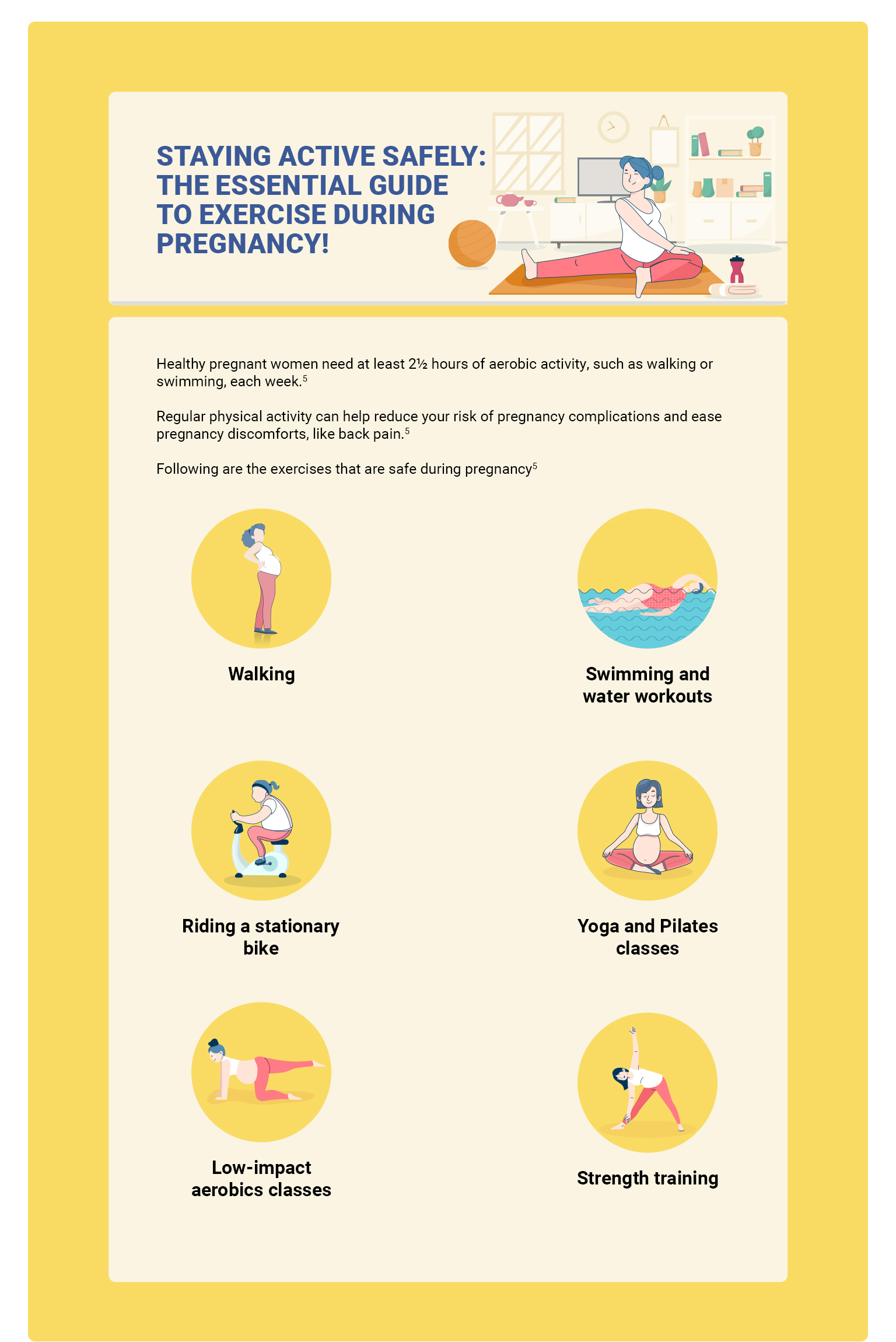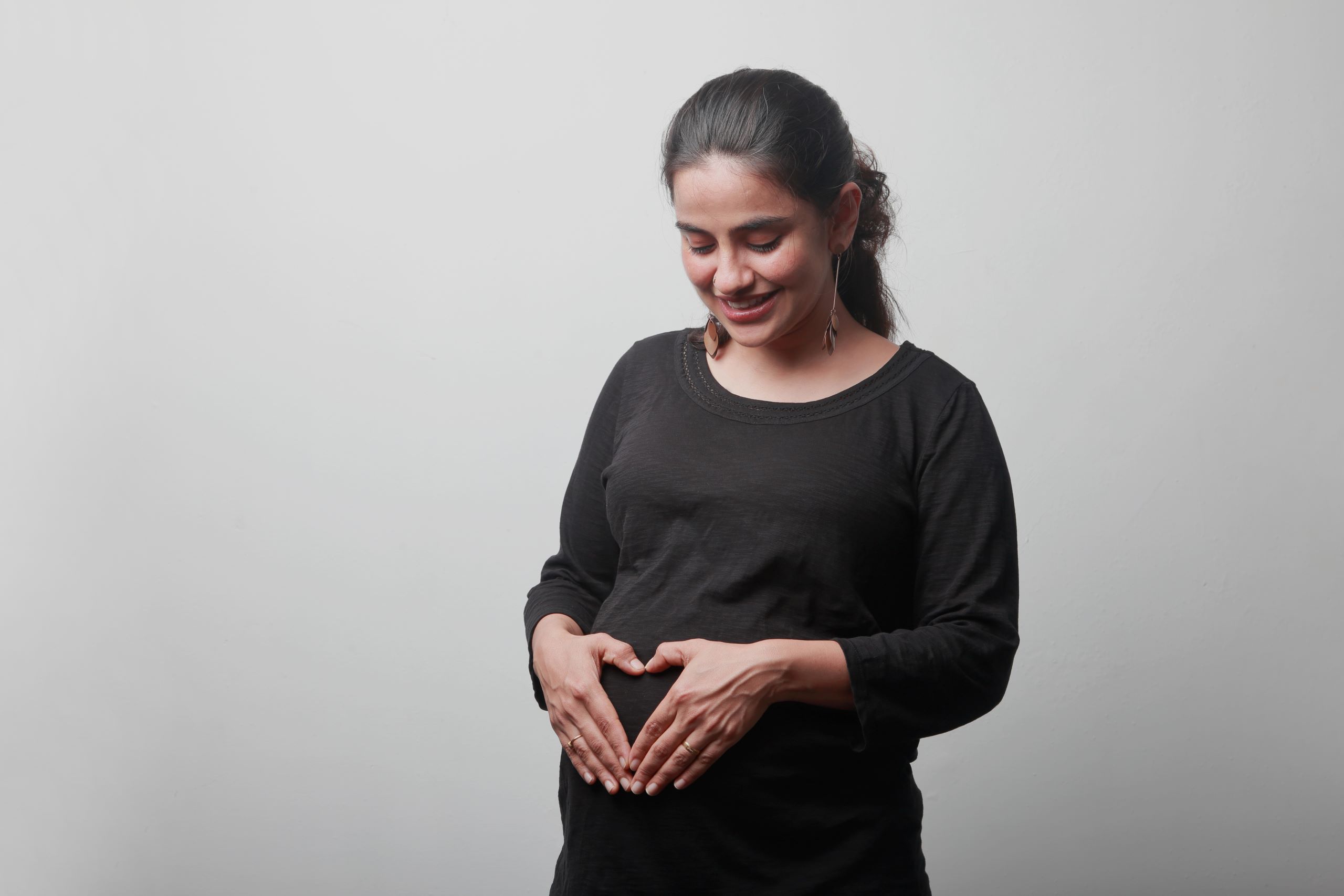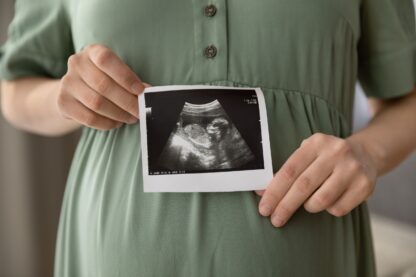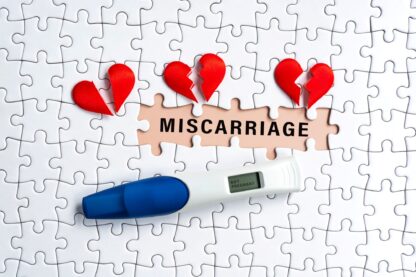Maternal Health during Pregnancy
4 mins read
Empowering Maternal Health: Nurturing Wellness Every Step of the Way
If you are pregnant, your body is experiencing major change. From symptoms that you might expect, to ones that are completely unexpected, every woman will have a different pregnancy experience. It’s helpful to have an idea of how your body may react to the different stages of pregnancy. It also helps to know how pregnancy may affect your emotions and feelings.1
Pregnancy stages1
We talk about 3 stages of pregnancy – first trimester, second trimester and third trimester. Some physical and emotional experiences are more common in each of these trimesters.
First trimester2
In the first trimester:
- You feel tired and possibly nauseous (like vomiting)
- You gain 1 or 2 kilograms, or maybe less if you have morning sickness. Most of this weight is in the placenta (which feeds your baby), your breasts, your uterus (womb) and the extra blood that you are making
- Your heartbeat and breathing rate are faster
- Your breasts become tender, larger and heavier
- Your growing uterus puts pressure on your bladder, so you feel like you need to urinate (pee) a lot
- You may feel swinging moods
- You know exactly how you feel about having a baby, or you have no idea how to feel!
Second trimester2
In the second trimester:
- You start to feel better with less tiredness, morning sickness and moodiness
- You may feel your mind is wandering and not focused at work or at home
- You gain about 6 kilograms
- You may feel anxious about tests (including an ultrasound) done at this stage. But, if they find any health issues, these tests will ensure you and your baby receive the right care
- Your hair may become thicker, and your fingernails may become stronger. Or your nails may be softer and break more easily
- You may crave some foods, such as sweet, spicy or fatty foods
- You may not like the taste or smell of some foods
Third trimester2
In the third trimester:
- Forgetfulness may continue
- You feel tired and probably uncomfortable
- You may be annoyed by the discomfort
- You may start to worry about labour as it nears
- You probably gain about 5 kilograms. Much of this weight is your baby, but also amniotic fluid, the placenta, your breasts, your blood and your uterus
- You may have back pain
- You may find it hard to sleep because you are uncomfortable
- The baby may be placing pressure on your lungs, making it harder to breathe
- You may feel Braxton Hicks contractions (tightening of the muscles of the uterus). They do not mean labour is starting
Managing maternal health conditions2
Certain medical conditions may complicate a pregnancy. However, with proper medical care, most women can enjoy a healthy pregnancy despite medical challenges.
Diabetes and pregnancy2
Diabetes is a condition in which the body does not make enough insulin, or the body is unable to use the insulin that is made. If not managed properly, diabetes can have serious consequences for you and your growing baby.
Gestational diabetes2
Gestational diabetes is a condition in which the glucose level is elevated and other diabetic symptoms appear during pregnancy.
Treatment options for gestational diabetes2
Your health care provider or midwife will determine your specific treatment plan for gestational diabetes based on:
- Age, overall health, and medical history
- Condition and the severity of the disease
- Long-term expectations for the course of the disease
- Personal preference
- Tolerance for specific medicines, procedures, or therapies
Treatment for gestational diabetes focuses on keeping blood glucose levels in the normal range. Your specific treatment plan may include: 2
- A special diet
- Daily blood glucose monitoring
- Exercise
- Insulin injections or oral medications
High blood pressure and pregnancy2
High blood pressure during pregnancy can lead to placental complications and slowed fetal growth. If left untreated, severe hypertension may cause dangerous seizures, stroke and even death in the mother and fetus.
Chronic hypertension2
If you have high blood pressure before pregnancy, you will likely need to continue taking your antihypertensive medicine. Your health care provider may switch you to a safer antihypertensive medicine during pregnancy to help manage your condition.
Gestational hypertension2
Gestational hypertension occurs most often during a young woman’s first pregnancy. You are more likely to develop gestational hypertension during a twin pregnancy or if you had blood pressure problems during a previous pregnancy. Pre-eclampsia is characterized by pregnancy-induced high blood pressure. This condition is usually accompanied by protein in the urine and may cause swelling due to fluid retention. If you have pre-eclampsia, you may need bed rest. Eclampsia, the most severe form of this condition, is diagnosed when you have a seizure caused by pre-eclampsia. Your doctor may recommend hospitalization, medications and often delivery to treat pre-eclampsia or eclampsia.







